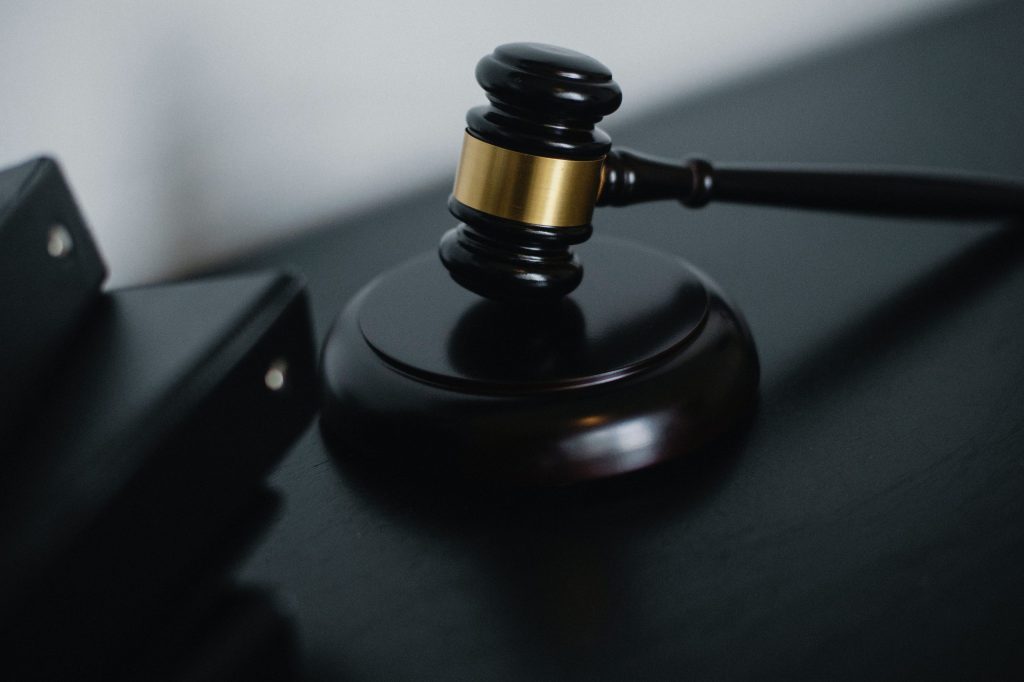In the rapidly evolving landscape of online fame, where social media platforms have transformed ordinary individuals into influential figures with massive followings, the intersection of fame and the law has become a complex terrain to navigate. Influencers, individuals who have harnessed their online presence to amass substantial audiences, find themselves in a unique position, with both newfound rights and accompanying duties. From a legal perspective, influencers’ rights primarily revolve around intellectual property, privacy, and contractual agreements. Their creative content, whether it be photographs, videos, or written material, is protected by copyright law, granting them exclusive rights to reproduce, distribute, and display their work. However, the digital realm has also introduced challenges, as content can be easily shared and sometimes misappropriated. Influencers often need to actively monitor and enforce their rights to prevent unauthorized use of their content.

Privacy becomes a paramount concern as influencers share not only their crafted personas but also aspects of their personal lives. While they may voluntarily share information, there are legal limits to how their personal data can be collected and utilized by third parties, including marketers. Striking a balance between authenticity and privacy is crucial for influencers to protect their personal lives from undue intrusion. Moreover, influencers engage in collaborations and partnerships, giving rise to contractual obligations. These agreements encompass sponsored content, product endorsements, and brand ambassadorships. Clear and comprehensive contracts are essential to outline the expectations of both parties, ensuring influencers are compensated for their work while meeting their obligations to promote products or services accurately. Conversely, influencers also bear distinct responsibilities and legal duties. The power they wield over their followers necessitates transparency and authenticity. Regulatory bodies, such as the Federal Trade Commission FTC in the United States, have mandated that influencers disclose their material connections to brands, thereby ensuring that their endorsements are honest and not misleading.
Failing to do so could result in legal penalties and reputational damage. Furthermore, the rapid dissemination of information on social media platforms brings to light the influencers’ duty to exercise caution in their posts. Sharing false or defamatory information can lead to legal actions, highlighting the need for due diligence and responsible content creation go to page. Avoiding the spread of misinformation is vital, as the impact of a single post can be far-reaching and irreversible. In conclusion, the realm of online fame has given birth to a new breed of celebrities – influencers – who enjoy a set of rights underpinned by intellectual property and privacy laws, along with contractual agreements. Nonetheless, these rights are coupled with significant duties, including transparent disclosure of partnerships and responsible content sharing. As the legal landscape continues to adapt to the digital age, influencers must be vigilant in upholding their rights and meeting their legal obligations in order to sustain their impact and preserve their online reputation.